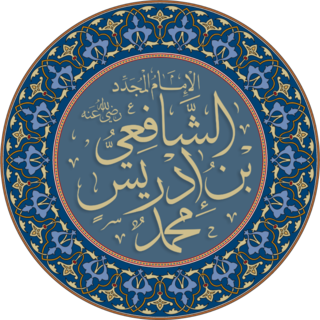A Quote by Charles Caleb Colton
We own almost all our knowledge not to those who have agreed but to those who have differed.
Related Quotes
The one distinct feature of our Association has been the right of the individual opinion for every member. We have been beset at every step with the cry that somebody was injuring the cause by the expression of some sentiments that differed with those held by the majority of mankind. The religious persecution of the ages has been done under what was claimed to be the command of God. I distrust those people who know so well what God wants them to do to their fellows, because it always coincides with their own desires.
On this Thanksgiving, as we spend time with our family and friends, let's all reflect on what we're thankful for in our own lives. And let's remember those who cannot be with their loved ones because they're serving overseas. But let's also do our part to help those who have no place to go for a meal. I encourage all Americans to do what they can to help those in need-because the best way to show our gratitude for what we have is by doing our part for those who have less.
Our lives are a battlefield on which is fought a continuous war between the forces that are pledged to confirm our humanity and those determined to dismantle it; those who strive to build a protective wall around it, and those who wish to pull it down; those who seek to mould it and those committed to breaking it up; those who aim to open our eyes, to make us see the light and look to tomorrow [...] and those who wish to lull us into closing our eyes
All of us need an identity which unites us with our neighbours, our countrymen, those people who are subject to the same rules and the same laws as us, those people with whom we might one day have to fight side by side to protect our inheritance, those people with whom we will suffer when attacked, those people whose destinies are in some way tied up with our own.
It is possible to be honest every day. It is possible to live so that others can trust us-can trust our words, our motives, and our actions. Our examples are vital to those who sit at our feet as well as those who watch from a distance. Our own constant self-improvement will become as a polar star to those within our individual spheres of influence. They will remember longer what they saw in us than what they heard from us. Our attitude, our point of view, can make a tremendous difference.
The growth of our knowledge is the result of a process closely resembling what Darwin called 'natural selection'; that is, the natural selection of hypotheses: our knowledge consists, at every moment, of those hypotheses which have shown their (comparative) fitness by surviving so far in their struggle for existence, a competitive struggle which eliminates those hypotheses which are unfit.




































